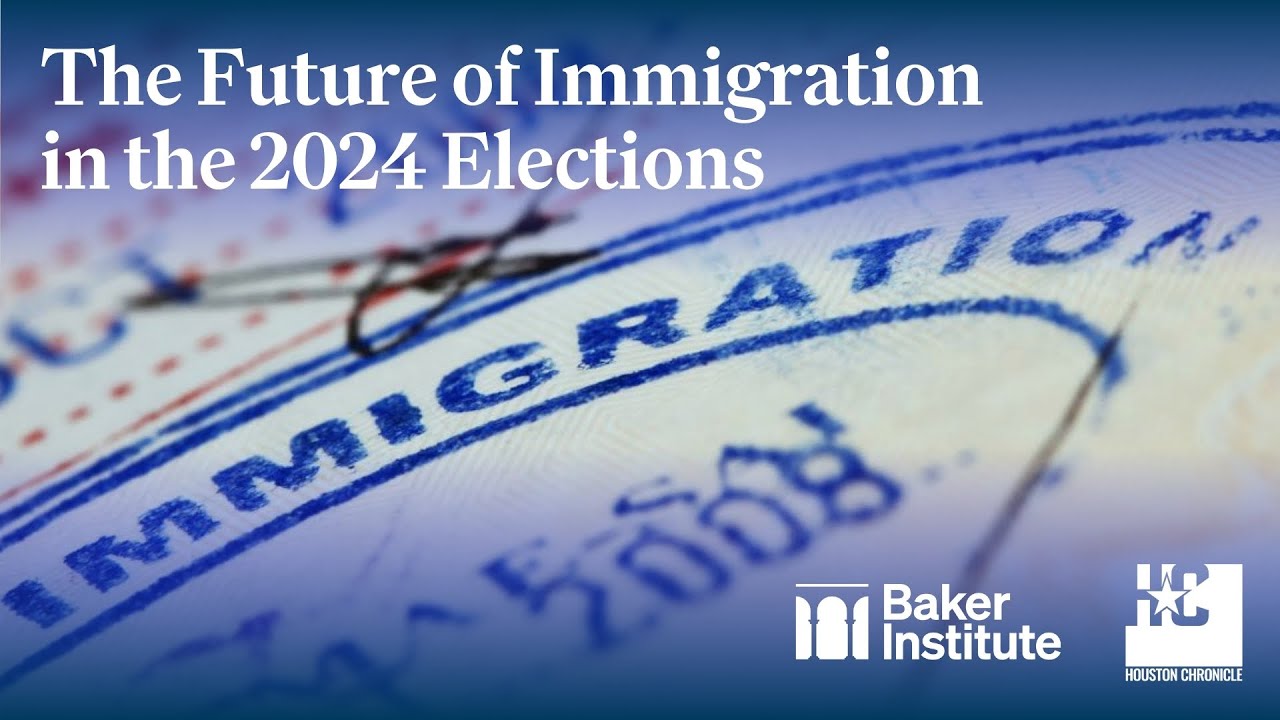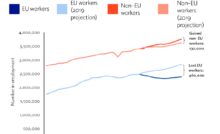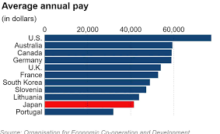Immigration Policy Shifts in the US: What to Expect with the Upcoming Elections


With the 2024 US elections approaching, immigration policy is a key issue on the political agenda. Both major parties have starkly different views on topics like border security, work visas, and asylum seekers, meaning the election outcome could lead to dramatic changes in immigration laws. Candidates are divided on topics such as pathways to citizenship for undocumented immigrants, the future of the Deferred Action for Childhood Arrivals (DACA) program, and how the country should handle asylum requests.
The potential policy shifts will affect not only immigrants currently living in the US but also those hoping to move to the country in the future. For instance, if the Democrats retain control, there may be a push for more inclusive policies that expand work permits and create pathways to citizenship. Conversely, a Republican victory could lead to stricter border enforcement and limitations on asylum claims, impacting vulnerable populations.
Public sentiment around immigration also plays a crucial role in shaping policy decisions. Many voters express concerns about border security and economic impact, while others advocate for the rights of immigrants and the need for comprehensive reform. The 2024 elections will be a pivotal moment for the future of US immigration policy, with significant implications for millions of individuals and families hoping to live and work in the country.
Recent Posts
New Immigration Pathways in Europe: A Breakdown of Digital Nomad Visas
The rise of remote work has paved the way for digital nomad visas, offering professionals…
Family Reunification Policies: How Different Countries Approach Visa Delays and Backlogs
Visa delays and backlogs have long been a challenge for families seeking reunification, and the…
Student Visa Changes in 2024: Key Updates in the US, Canada, Australia, and the UK
Student visa policies in the US, Canada, Australia, and the UK have seen significant changes…
The Impact of Global Inflation on Immigrant Communities
As global inflation continues to rise, immigrant communities are disproportionately affected. In many countries, the…
Climate Refugees: The Growing Role of Climate Change in Immigration Policy
Climate change is increasingly driving migration, with rising sea levels, severe droughts, and catastrophic weather…
Top Countries with Investor Visa Programs in 2024: Requirements and Benefits
Investor visa programs offer pathways to residency or citizenship in exchange for significant financial investment,…

